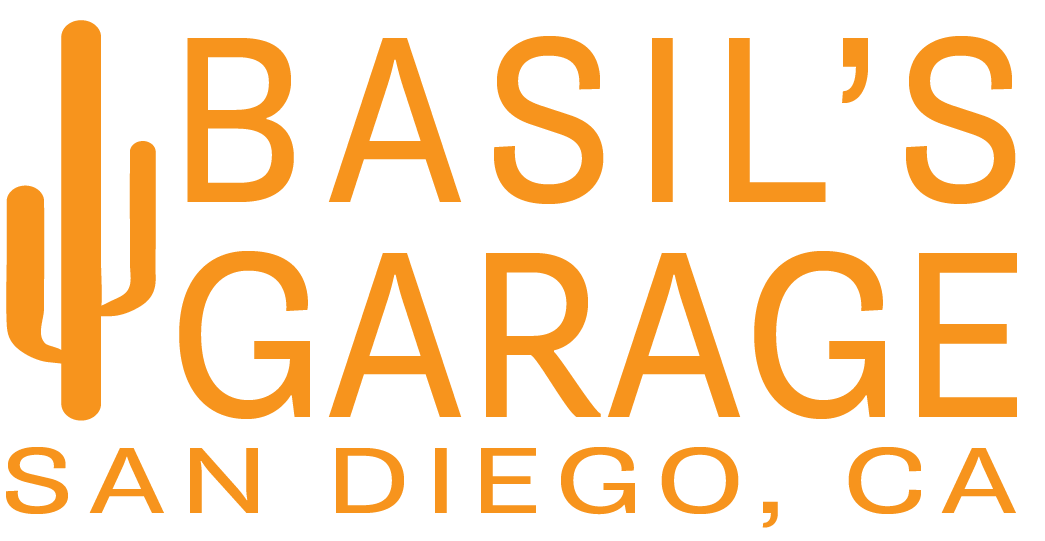Automation in construction: an off-site case study of the FASTtruss system with DES
Putting safety, security and rehabilitation at the heart of prisons.
The Search for Better Value.The potential benefits of.

Design for Manufacture and Assembly (DfMA).in construction are well documented.At Bryden Wood, DfMA has been integral to our approach for more than 30 years, delivering tangible benefits across various sectors.. DfMA reduces overall cost and time (30% reductions are not uncommon), improves labour productivity, reduces labour requirements, and enhances sustainability by minimising waste, maximising material efficiency, and reducing embodied carbon.

platform approach to DfMA.has demonstrated the potential to transform the way buildings are delivered at scale..

However, the unique challenges of constructing battery factories require careful planning for DfMA to fulfil its promise..
Adopting a DfMA Mindset.Bryden Wood’s two key markets in Asia - Singapore and Hong Kong - have both had recent success at promoting DfMA with a focus on volumetric modular construction.
This approach to prefabrication has been given a different name in each market: Prefabricated Prefinished Volumetric Construction (PPVC) in Singapore, and Modular Integrated Construction (MiC) in Hong Kong.. Bryden Wood has been privileged to play a part in the development of the DfMA market in Singapore and Hong Kong.Now as off-site becomes more established in both markets, the benefits and limitations of volumetric modular construction are becoming clear and we have been considering the question, ‘What next?’.. Singapore: Prefabricated Prefinished Voulmetric Construction.
Singapore has a strong reputation as a regional innovator and the construction industry is no exception.In 2010, Singapore’s Building and Construction Authority (BCA) launched the.
